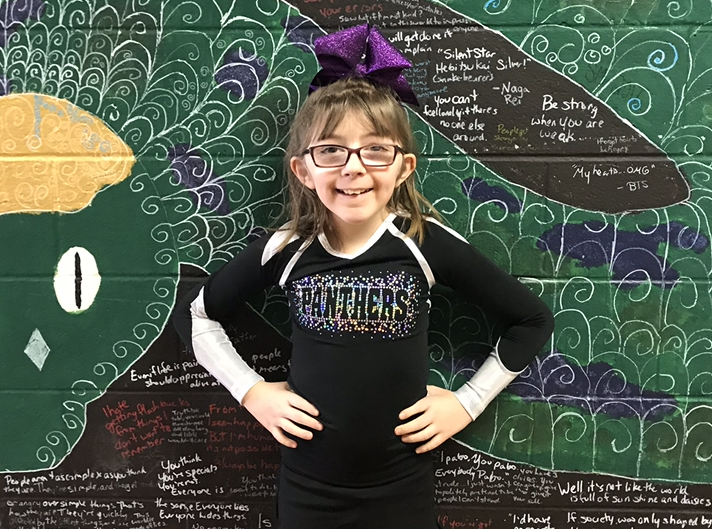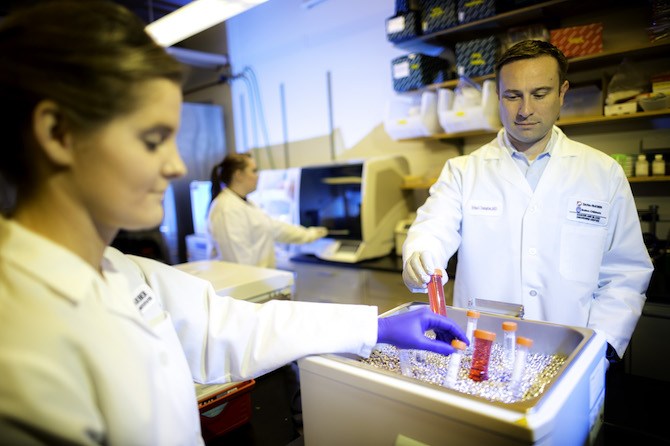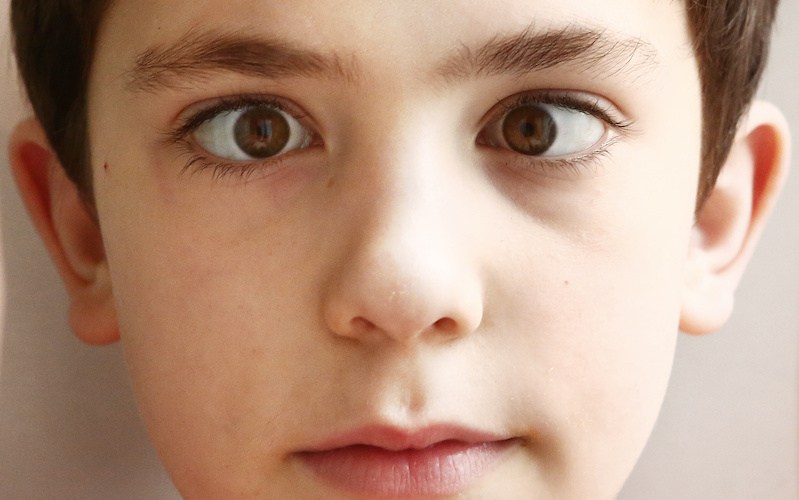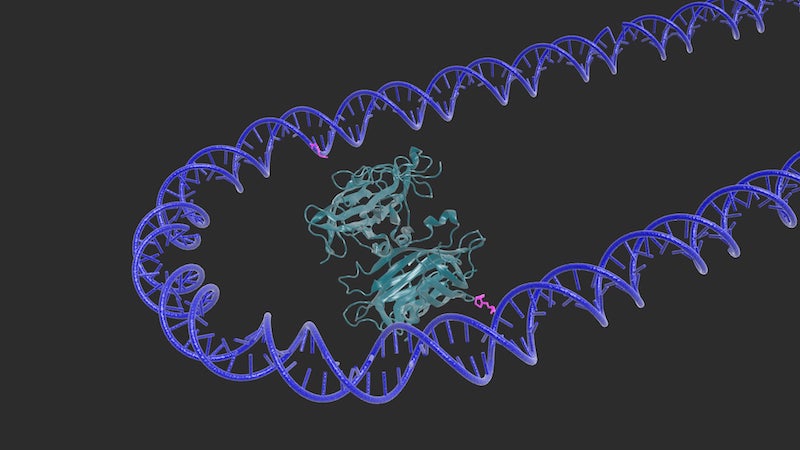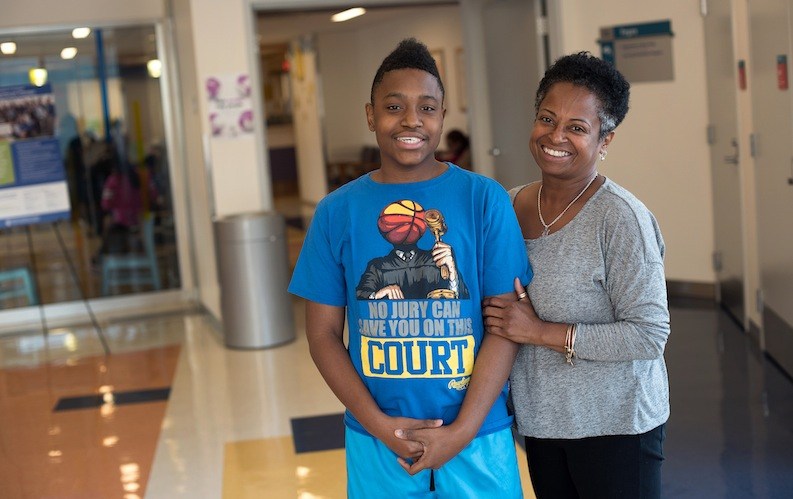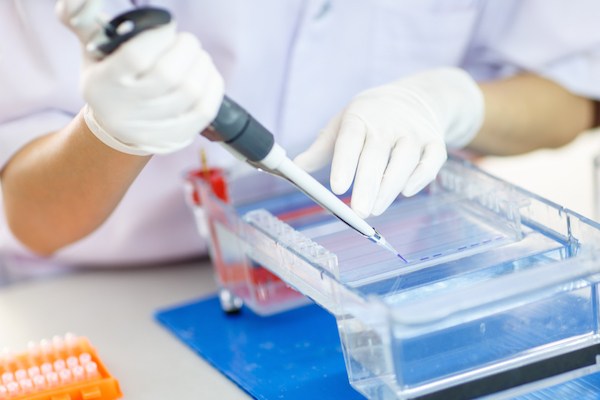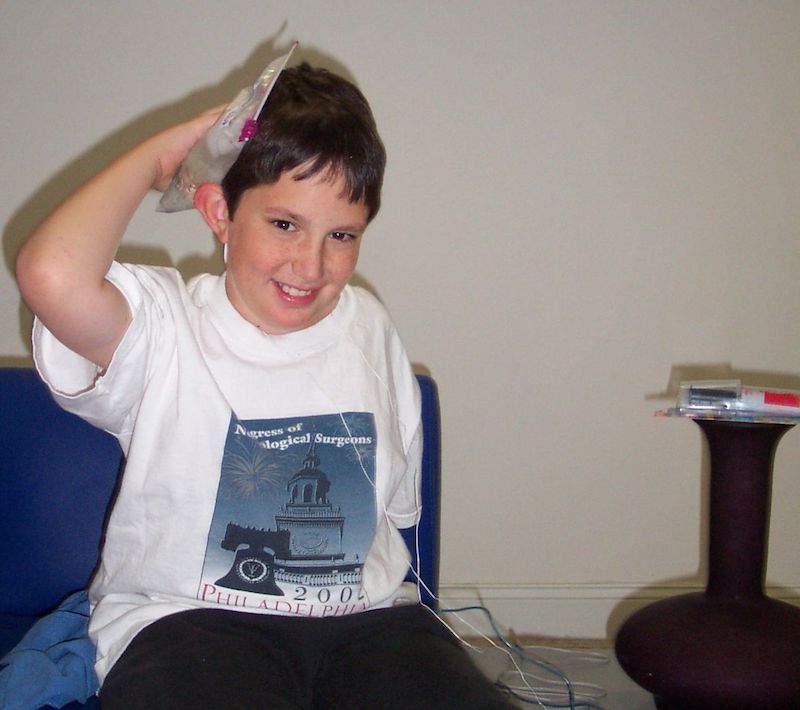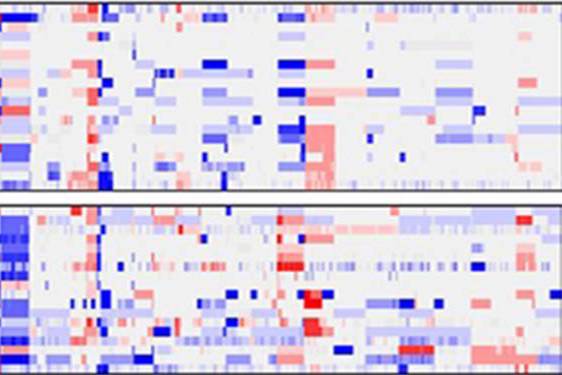Archive for diagnostics
New genetic test yields answer after family’s 10-year search
Kate Cole knew her daughter Lilly was different almost from the moment of birth. She was “a floppy baby,” lacking the strength and muscle tone her older sister had. She had trouble eating and was slow to gain weight. When she started on solid food, she often choked on it. She never really crawled and ... Read More about New genetic test yields answer after family’s 10-year search
ctDNA: Bringing ‘liquid biopsies’ to pediatric solid tumors
Our blood carries tiny amounts of DNA from broken-up cells. If we have cancer, some of that DNA comes from tumor cells. Studies performed with adult cancers have shown that this circulating tumor DNA (ctDNA) may offer crucial clues about tumor genetic mutations and how tumors respond to treatment. Brian Crompton, MD, with colleagues at ... Read More about ctDNA: Bringing ‘liquid biopsies’ to pediatric solid tumors
Tagged: cancer, diagnostics, ewing sarcoma, genetics and genomics, osteosarcoma
Tracking the elusive genes that cause strabismus
Strabismus is a common condition in which the eyes do not align properly, turning inward, outward, upward or downward. Two to four percent of children have some form of it. Some cases can be treated with glasses or eye patching; other cases require eye muscle surgery. But the treatments don’t address the root causes of strabismus, which ... Read More about Tracking the elusive genes that cause strabismus
Tagged: diagnostics, genetics and genomics, ophthalmology, strabismus
To monitor health, simply trip the ‘nanoswitches’
https://vimeo.com/232848172Video can’t be loaded because JavaScript is disabled: DNA Nanoswitch Detection (https://vimeo.com/232848172) WATCH: DNA nanoswitches change shape in the presence of biomarkers. The shape change is revealed in a process called gel electrophoresis. Credit: Wyss Institute at Harvard University “Nanoswitches” — engineered, shape-changing strands of DNA — could shake up the way we monitor our ... Read More about To monitor health, simply trip the ‘nanoswitches’
Detecting shunt failure in hydrocephalus without imaging or surgery: ShuntCheck
Antonio Venus-Reeve, 14, had his first shunt surgery for hydrocephalus when he was 2½ months old. Born at 25 weeks’ gestation, weighing less than two pounds, he had a serious brain bleed seven days later. As Antonio’s head began to swell with excess fluid, neurologists at Boston Children’s Hospital told his mother, Joanne Venus-Williams, that ... Read More about Detecting shunt failure in hydrocephalus without imaging or surgery: ShuntCheck
Tagged: diagnostics, hydrocephalus, medical devices, neurosurgery, research
A simpler way to measure complex biochemical interactions
Life teems with interactions. Proteins bind. Bonds form between atoms, and break. Enzymes cut. Drugs attach to cell receptors. DNA hybridizes. Those interactions make the processes of life work, and capturing them has led to many medical advances. “Determining which molecules interact, and measuring the strength of these interactions is fundamental for many areas of ... Read More about A simpler way to measure complex biochemical interactions
Solving medical mysteries: The Undiagnosed Disease Network
At first, Corrie and Adam Mendes thought their daughter Emmie had an inner ear problem. She was late with several early milestones, including walking, and when she did walk, she often lost her balance. The family pediatrician sent them to a neurologist, who ordered a brain MRI and diagnosed her with pachygyria, a rare condition ... Read More about Solving medical mysteries: The Undiagnosed Disease Network
The birth of ShuntCheck: Family, love, passion, death—and ice
The year was 2002, and 10-year-old Spencer Neff was a spunky boy with hydrocephalus, a buildup of cerebrospinal fluid inside his brain. A surgically implanted shunt – a tube to drain the fluid – was in place. Like all children with shunts, he was at risk for having the shunt plug up and malfunction, and ... Read More about The birth of ShuntCheck: Family, love, passion, death—and ice
Tagged: diagnostics, hydrocephalus
Childhood brain cancer: Learning to divide and conquer
Diversity is good in populations of people, but when it comes to cancer, it’s bad news. In the case of medulloblastoma—the most common malignant brain cancer in children—tumor diversity has been one of the greatest barriers to designing effective treatments. Now, in the largest genomic study of human medulloblastomas ever, Children’s researchers and their collaborators ... Read More about Childhood brain cancer: Learning to divide and conquer


